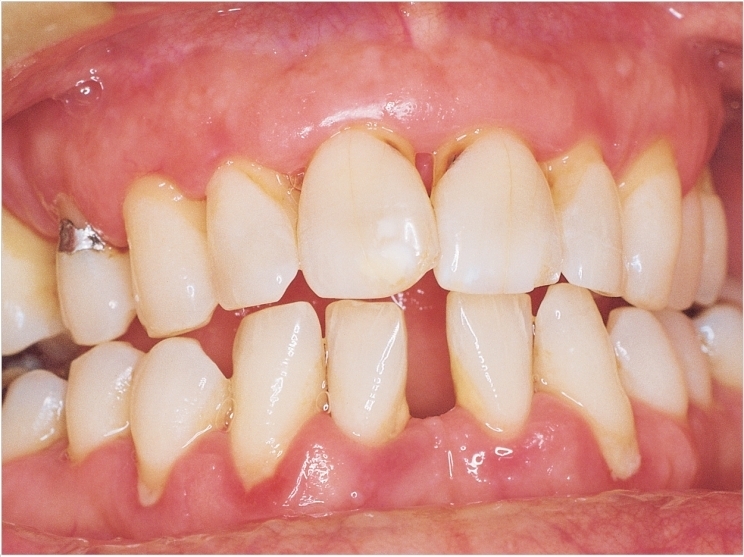
People with undetected glucose disorders run a higher risk of both myocardial infarction and periodontitis, according to researchers at the Karolinska Institutet in Sweden, who say that their findings demonstrate the need for greater collaboration between dentistry and healthcare as well as the possible need to screen for diabetes at dental clinics.
Severe periodontitis already is known to be associated with a higher risk of myocardial infarction and lowered glucose tolerance, and diabetes is more common in people who have suffered a heart attack. Now, the researchers are studying the link between these conditions and dysglycemia, which is a reduced ability to metabolize sugar.
The most recent study was a collaboration between cardiologists and dentists at Karolinska Institutet and was based on data from a previous study called PAROKRANK. It included 805 myocardial infarction patients from 17 Swedish cardiology clinics and 805 controls matched by age, sex, and post code.
The subjects’ periodontal status was assessed with X-rays and dysglycemic status with glucose load tests. Subjects with a diabetes diagnosis were excluded, leaving 712 patients and 731 controls with data on both periodontal and glucose status, which was divided into normal, reduced glucose tolerance, and newly detected diabetes.
Previously undetected glucose disorders, such as diabetes and impaired glucose tolerance, were linked to myocardial infarction. Undetected dysglycemia was about twice as common for myocardial infarction patients as for the healthy controls, confirming the researchers’ earlier findings. Myocardial infarction affects about 30,000 people in Sweden each year.
Undetected diabetes also was found to be linked to severe periodontitis. When myocardial infarction patients and controls were analyzed separately, the association was clearer in the patients than in the controls, which is possible because many of the controls were very healthy and few had severe periodontitis and undetected diabetes.
“Our findings indicate that dysglycemia is a key risk factor in both severe periodontitis and myocardial infarction and that the combination of severe periodontitis and undetected diabetes further increases the risk of myocardial infarction,” said lead author Anna Norhammar, MD, cardiologist and associate professor at the Karolinska Institutet’s Department of Medicine.
The results substantiate previously known links between periodontitis and diabetes and show that such an association also exists in previously unknown diabetes. According to the researchers, these findings should make diabetes specialists consider their patients’ dental health and the need for closer collaboration with dentists.
“The PAROKRANK study is a good example of such collaboration,” said senior author Lars Rydén, professor with the Karolinska Institutet’s Department of Medicine and chair of the PARKORANK study.
“Our study shows that undetected glucose disorders are common in two major diseases, myocardial infarction and periodontitis,” said Norhammar. “Many people visit the dentist regularly and maybe it’s worth considering taking routine blood-sugar tests in patients with severe periodontitis to catch these patients.”
Despite the large number of subjects, the number of patients and controls with severe periodontitis and undetected diabetes was low. The observed differences in the links between undetected diabetes and severe periodontitis in patients and controls can therefore be attributable either to the low number of patients or to genuine differences in correlation.
The study, “Undetected Dysglycemia an Important Risk Factor for Two Common Diseases Myocardial Infarction and Periodontitis: A Report From the PAROKRANK Study,” was published by Diabetes Care.
Related Articles
Gingivitis Linked With Alzheimer’s Disease
Unique White Blood Cells Indicate Onset of Inflammatory Diseases
FDS Calls for Dentists to Play a Greater Role in Detecting Systemic Disease











